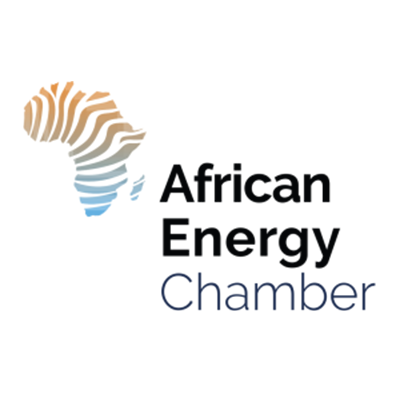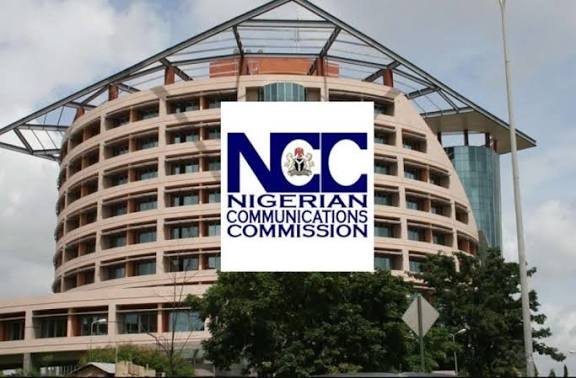With Africa home to some of the world’s largest oil and gas reserves – boasting over 125 billion barrels of proven crude oil reserves and 220 trillion cubic feet of proven gas reserves – major investment opportunities have arisen across gas exploration and monetization, gas-to-power, energy storage, and infrastructure development. During a presentation by Afreximbank and its executives in London on March 2, Rene Awambeng, Global Head and Director for Client Relations, Eric Monchu Intong, Regional Chief Operating Officer for Anglophone West Africa, and Babajide Bode-Harrison, Senior Manager for Syndications, unpacked Africa’s hydrocarbon investment prospects and the key drivers of global oil and gas demand growth.
“Energy demand in Africa is expected to grow by 50% over the next two decades. This growing demand will create opportunities for decarbonized energy infrastructure projects, logistics, storage notably natural gas and LPG, that enable regional trade, and will create opportunities for renewable energy projects which will, in turn, increase energy security for Afreximbank member states,” noted Mr Rene Awambeng, Global Head & Director Client Relations African Export-Import Bank adding that, in order to ensure bankability, energy infrastructure projects will need to account for the energy transition.
Major gas finds in Mozambique, Uganda, Tanzania, Egypt and Senegal – alongside flaring reduction activities across the continent, with a view to decarbonizing Africa’s E&P sector – are expected to accelerate gas utilization and monetization activities. “These create opportunities for investments in LNG, FLNG trains and LPG for local industry and domestic consumption,” Awambeng continued, referring to Africa’s rapidly growing population associated with heightened industrialization and rising power demand.
Monchu Intong, meanwhile, highlighted that Africa’s downstream sector currently requires a significant amount of infrastructure development including pipelines, refineries and storage facilities – presenting an opportunity for investors to develop associated infrastructure and logistics projects.
An increase in fossil fuel production and refining is expected over the next two decades. Pipelines to power stations to fertilizer plants, for example, will precipitate significant industrial development.
Bode-Harrison pointed out that product import programs, partnership opportunities and trade finance programs were also key to unlocking development in Africa’s hydrocarbons domain and presented strategic areas for collaboration.
In response to the increasing refined product import needs of the continent, a more formalized process of aggregating, reorganizing and financing refined product supply has arisen, with Afreximbank working with NOCs to develop product import programs to ensure energy security. At present moment larger financing packages were required to meet Africa’s rising product demand, especially in the current geopolitically-induced price increase environment.
“With financing African oil and gas projects representing a point of debate globally, the African Energy Chamber remains resilient in its support for investing in African hydrocarbons, recognizing the role these resources will play in making energy poverty history by 2030. African-based organizations such as Afreximbank have remained committed to African people and African energy, and its support for Africa’s energy future remains unwavering,” stated NJ Ayuk, Executive Chairman of the African Energy Chamber.
Investment into Africa’s oil and landscape and its associated trade and partnership opportunities will be discussed at African Energy Week 2023, taking place in Cape Town from October 16-20. The event will unite African energy leaders, global investors, and executives from across the entire energy value chain to discuss the future of the African energy industry.





